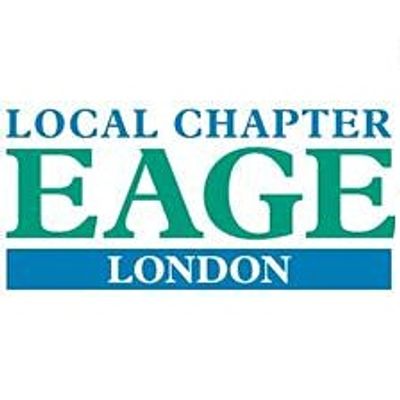
Edward Caunt, Devito Codes
About this Event
The talk will have a hybrid form: in-person at Imperial College, London and broadcasted ONLINE.
Link to the webinar will be provided via e-mails to registered attendees: first e-mail will be sent two days before the event and the second one just 2 hours before the event. Do not register too late!
Lecture Theatre 2.28
Agenda (UK time)
18:30-18:35 Introduction and Announcements
18:35-19:10 Leveraging abstraction and automation for topography handling in Land Seismic simulation
19:10-19:30 Q&A
19:30-20:00 Informal discussion and networking
Presenter
Edward Caunt, Devito Codes
Dr Edward Caunt is a Research Scientist at Devito Codes, developing novel abstractions for finite-difference methods with a focus on seismic modelling and imaging applications. His PhD thesis explores the development of a generalised mathematical approach to immersed boundary implementation, enabling the automatic generation of numerical treatments for complex topography across a wide range of seismic applications. Applications of this work have been published in Geophysics, alongside presentations at numerous academic and industry conferences. His ongoing research and development work focusses on domain-specific languages (DSLs) and code generation for high-performance, high-productivity geophysical model development.
Abstract
Accurate handling of irregular free-surface topography is essential for high-quality seismic imaging in land environments, yet integrating these routines into finite-difference (FD) models and imaging workflows remains challenging. The complexity and human cost of implementing sophisticated boundary handling routines within the FD-based wave propagators typically used in RTM and FWI acts as a barrier to their integration into such workflows. To address this, we introduce a level of abstraction between the physics of the problem and the underlying numerical scheme with which it is modelled. To this end, we developed a framework for automatic generation of immersed boundary treatments, integrated with Devito. Originally developed in computational fluid dynamics, immersed boundary methods allow complex boundary surfaces such as topography to be accurately represented on structured grids. We have applied this framework to devise free-surface topography treatments for a wide range of problems of interest to seismic modelling and imaging. We have also demonstrated the utility of this approach for carrying out FWI on synthetic datasets featuring substantial mountainous topography.
Event Venue & Nearby Stays
Royal School of Mines, Royal School of Mines, London, United Kingdom
GBP 0.00
